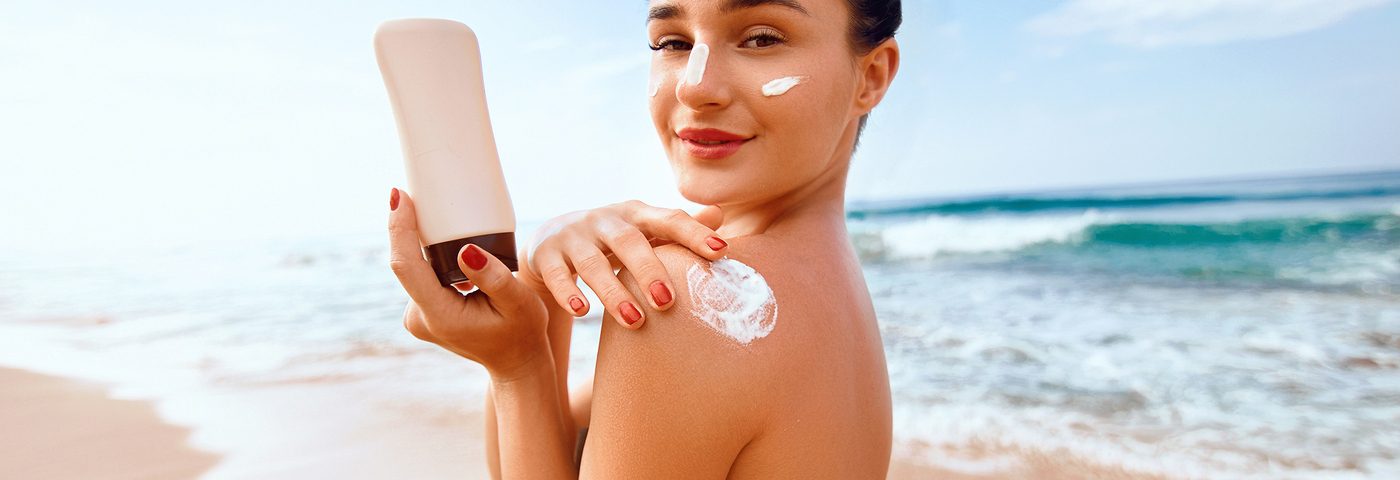“Zoomed out!”
Speaking to industry friends and colleagues about our new world of endless webinars, podcasts and Zoom meetings, time and time again the subject of how exhausting these digital meetings can be. I think we have all heard the phrase “I’m Zoomed out” by now. But it really sums it up.
Looking back at this moment in time, I’m sure that those of us who worked through it will probably not look back on certain aspects of it too fondly.
Indeed, many people I have spoken to are itching to get back to ‘normality’, which includes doing face-to-face meetings and events again. I can relate, and I for one am enormously looking forward to the in-cosmetics events resuming, if only to cut down on the number of digital meetings and catch up with my industry friends properly.
Okay, that’s the end of this somewhat cathartic whining session.
Now let’s take a look at what’s been going on in the industry over the past couple of weeks.
Puig’s Charlotte Tilbury acquisition
No doubt the biggest news of the last few weeks is the acquisition of the Charlotte Tilbury make-up and skincare business, which sent shockwaves throughout the industry and beyond and made headlines worldwide.
The deal, estimated to be worth almost $1 million, will see Puig taking a majority stake in the business founded by British make-up artist and entrepreneur Charlotte Tilbury, with Tilbury retaining a significant minority stake, alongside another minority stake owned by merchant bank BDT Capital Partners.
Tilbury will also retain her position as chairman, president and chief creative officer of the company she set up in 2013 and grew by creating make-up looks for the likes of Kate Moss and Giselle Bündchen.
Puig had been bidding alongside multinational giants Unilever, L’Oréal, Estée Lauder and Shiseido. And although fragrance powerhouse Puig is no small fry, its size still pales when compared to the turnover of these other businesses.
Spain-based Puig remains a privately listed business, but significant success with brands such as Nina Ricci and Jean-Paul Gaultier have catapulted into the bigger league in recent years.
The big question on every one’s lips was – why Puig? Initially it seems an odd fit, but a closer look at Puig’s expansion strategy means the deal makes more sense.
Puig has had an aggressive acquisition strategy in recent years, and although it has generally focused on fragrance brands, its portfolio of fashion and fragrance brands has increasingly touched on luxury beauty lines, making the Charlotte Tilbury business a good fit.
L’Oréal invests in paper bottles
Paper bottles and tubes for beauty and personal care have been creating a buzz of late, and with the recent announcement that the world’s biggest cosmetics company, L’Oréal, is now getting involved it puts the trend firmly in the mainstream.
The company has announced the launch of a line of paper-based tubes for its La Roche-Posay brand, which it has co-developed with French packaging company Albéa.
L’Oréal announced the partnership to create the paper-based packaging last year, and the company has already said that the partnership will lead to the development of more paper packaging for other brands in its portfolio.
The new tubes form the basis of the packaging for the Anthelios sunscreen body lotion, and although the closures for the product are still plastic, the use of the paper-based tubes has enabled the company to cut the total amount of plastic used in the packaging by an estimated 45%.
Unilever targets zero emission by 2039
Unilever executives have set the company the challenge of reaching zero net emissions by 2039, and is putting its money where its mouth is by pledging more than $1 million in funds allocated towards obtaining its goal.
The company says those funds will be invested in projects with eco-friendly farmers and small holders, focused on reforestation as well as soil and biodiversity, as well as programmes that support and improve access to water in water-stressed areas.
“While the world is dealing with the devastating effects of the Covid-19 pandemic, and grappling with serious issues of inequality, we can’t let ourselves forget that the climate crisis is still a threat to all of us,” said Alan Jope, Unilever CEO
“Climate change, nature degradation, biodiversity decline, water scarcity – all these issues are interconnected, and we must address them all simultaneously.”
The company says that the 2039 goal is 11-years ahead of the 2050 deadline set by the Paris Agreement, and claims it will achieve this by working intensely with partners across its supply chain.
Clean Beauty morphs into Safe Beauty
Safe Beauty should now be on everyone’s radars, according to findings from a number of the leading market research companies, which have all underlined the impact the pandemic is having on the mindset of consumers.
According to analysts at Kline Group, Mintel and the NPD Group, Safe Beauty was already an important element in the Clean Beauty movement, but with consumers’ heightened awareness of hygiene, safety is turning into an absolute must.
I explored this trend in a recently recorded audio podcast panel discussion for in-cosmetics Connect that involved David Tyrrell of Mintel, Anne Clay of Ashland and Dr. Ebru Karpuzoglu, founder of skincare brand Aveseena.
During the discussion we explored the reasons behind the rise of Safe Beauty and why it has taken centre stage in recent months.
“The Clean Beauty has always focused on safety. This was the case before Covid-19, but since the pandemic hit, the emphasis on safety has been emphasised all the more,” said David Tyrrell.
“It’s important to note that when both Clean Beauty and safety are associated together they have a 95% positive impression in consumers’eyes.”
The podcast, titled ‘Is Safety Reshaping Clean Beauty?’ will be published on in-cosmetics Connect in the coming week, so do look out for it and listen in to gain valuable insights into this not-to-miss trend.
Want to read more news? Read Simon’s latest ingredient round-up

